Indigenous voice to parliament referendum ‘the best chance to shape treaty’, says Thomas Mayo
Thomas Mayo’s link between the voice and treaty came as other prominent Yes campaigners backed PM’s declaration this was a once-in-a-generation chance at constitutional recognition.
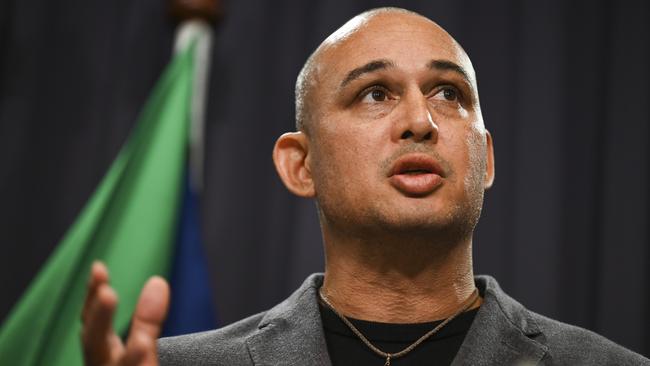
Prominent Yes campaigner Thomas Mayo says Indigenous Australians who signed the Uluru Statement from the Heart wanted to pursue a voice first “so that we could have the best possible say on the Makarrata commission” to oversee agreement-making and truth-telling.
Mr Mayo made the direct link between the voice and treaty as fellow leading Yes supporters – including Megan Davis and Tom Calma – backed Anthony Albanese in warning this referendum would be Australians’ only chance to pass constitutional recognition in a generation.
The Prime Minister, who has faced constant questioning over a Makarrata commission and treaty after declaring the voice wasn’t about treaty, declared the No “scare campaign” was “running out of steam”.
He accused the Coalition of being “obsessed” with the voice while refusing to say if he supported a national treaty during a question time that both sides of politics used to scrutinise the referendum.
Indigenous Australians Minister Linda Burney acknowledged the government had committed funds for a Makarrata commission after vowing to spend $27.7m to implement the Uluru Statement from the Heart – which asks for voice, treaty and truth – as the Coalition questioned why $21.9m had been provisioned in the contingency reserve towards the body.
In a Zoom panel on Tuesday with independent Wentworth MP Allegra Spender and journalist Kerry O’Brien, Mr Mayo recalled presenting the strategy of the 250 signatories to the Uluru Statement from the Heart shortly before the statement was read by Professor Davis for the first time in 2017.
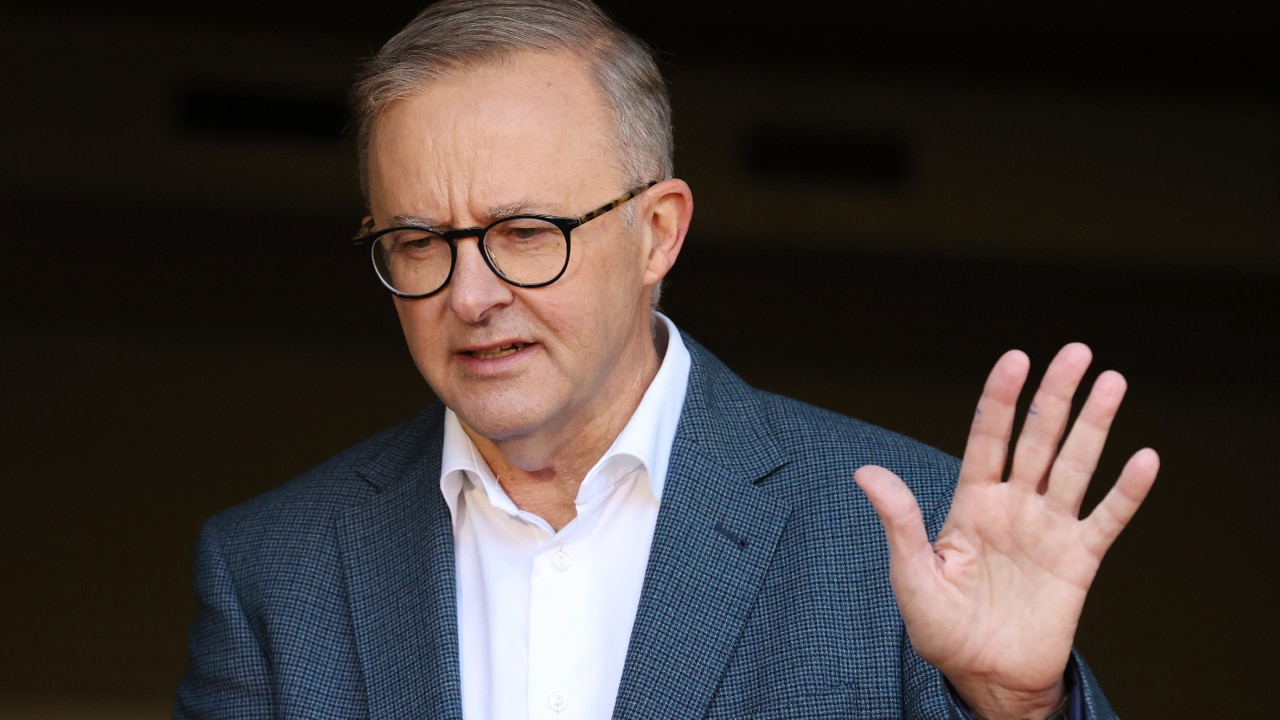
“Here I was, a fella that hadn’t been involved in national, really national campaigns before, presenting the strategy going forward, which was simply that first we would pursue a voice and so that we could have the best possible say on the Makarrata commission to supervise agreement-making and truth-telling to the nation,” Mr Mayo said.
“One thing that we predicted was that it (the Uluru Statement from the Heart) would be likely that it would be dismissed to begin with, because you know, it wasn’t just symbolic reform. It’s a form of recognition that gives our people greater fairness.”
Professor Davis, an architect of the Uluru Statement from the Heart, and Professor Calma, who with Marcia Langton co-designed the voice in their report, as well as conservative voice campaigners Julian Leeser and Greg Craven on Tuesday agreed with Mr Albanese the coming referendum was a once-in-a-generation opportunity.
Professors Davis and Calma rejected the Coalition’s call for constitutional recognition alongside legislated local and regional voices.
“Referendums are too costly to conduct, including working to inform the community, to expect another referendum on this subject will be conducted again,” Professor Calma said.
“The disinformation that they (the Coalition) are peddling re the voice gives me no confidence that they would support a future referendum even if it was just specifically about recognition. Many will fade into obscurity by the next election and they will be ‘OK’ – they have nothing to lose and have lost nothing.”
Professor Davis said the Coalition’s DNA was not about listening and the gap between Indigenous and non-Indigenous Australians widened during its eight years in power “and so did the group of self-serving elites who gorge off an industry of disadvantage”.
“Albanese is the first prime minister in a long time to understand what we are saying about the structural problem that plagues communities,” she said.
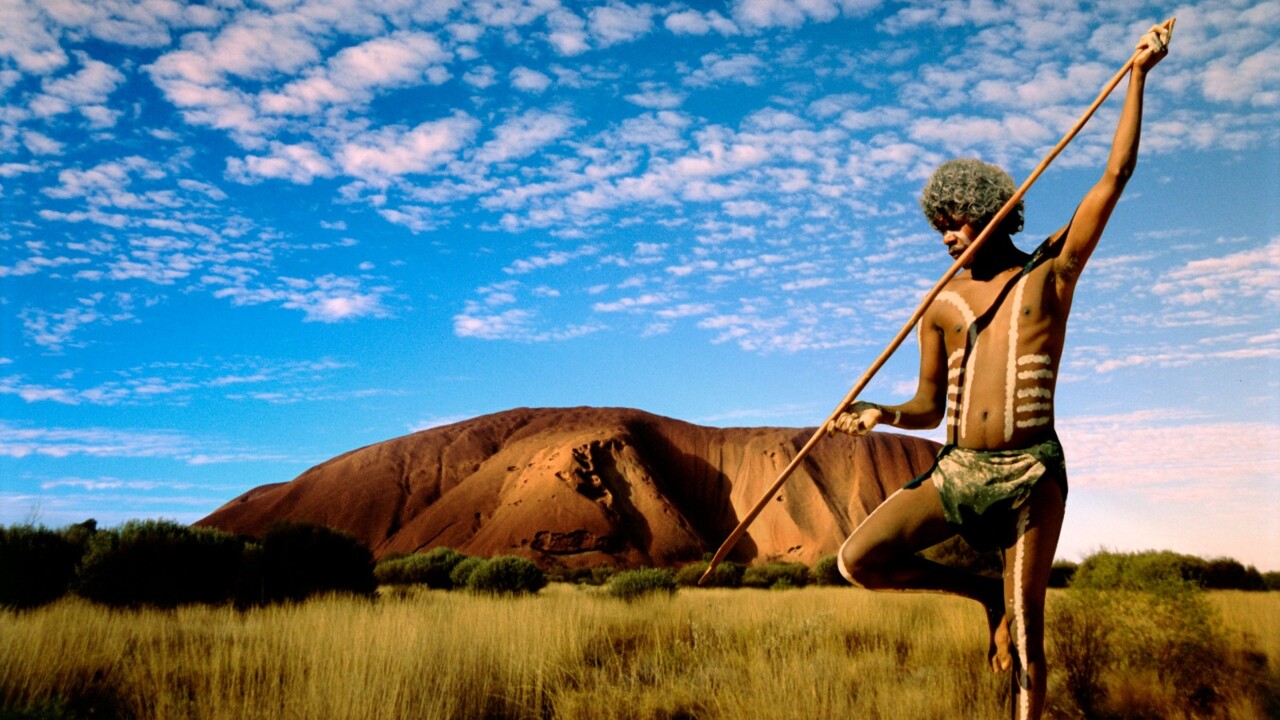
“We don’t contemplate a loss. We never have. A loss in this referendum is more of the same. A loss is equivalent to doing nothing. It’s an endorsement of the status quo. A No vote does nothing for mob on the ground. This time and opportunity will never come again.”
Mr Leeser, who quit the Liberal frontbench and his position as opposition Indigenous Australians spokesman so he could campaign in support of the voice, said referendums happened rarely because their debates were all consuming – noting the last time constitutional recognition was put to the Australian people was in 1999 on the republic.
“The debates demand a country’s attention for an extended period. That’s why this is a once-in-a-generation shot,” he said.
“With pressing economic problems, I don’t believe the assertion that somehow we can revisit this again in a few years. This is the time for our generation to complete the Constitution.”
Professor Craven said the message to undecided voters who wanted constitutional recognition but were unsure about the voice was: “If you do want constitutional recognition you are going to have to take this package. It is literally insane to assume that some better package is going to appear magically out of the ether.”
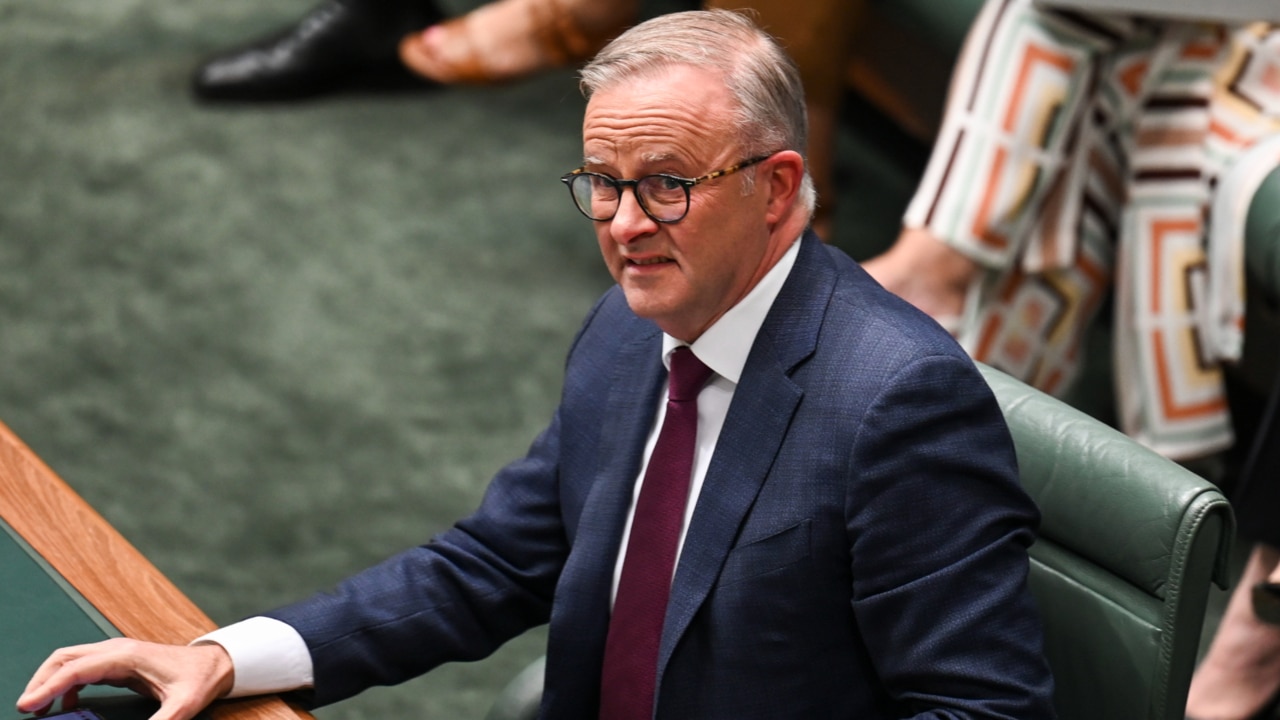
Professor Craven said a future referendum solely on constitutional recognition, without an enshrined voice, would also fail.
“The public would say ‘we’ve decided this issue, why are you asking us again’?”
Attempting to defuse Mr Albanese’s attack, Peter Dutton told his party room on Tuesday the opposition supported constitutional recognition and local bodies.
“The changes to the Constitution proposed by the Albanese government would be permanent. Unintended consequences would also be permanent and any notion that a future government would attempt to go back to the Australian public and ask to wind it back are fanciful,” the Opposition Leader said, according to a Coalition spokeswoman.


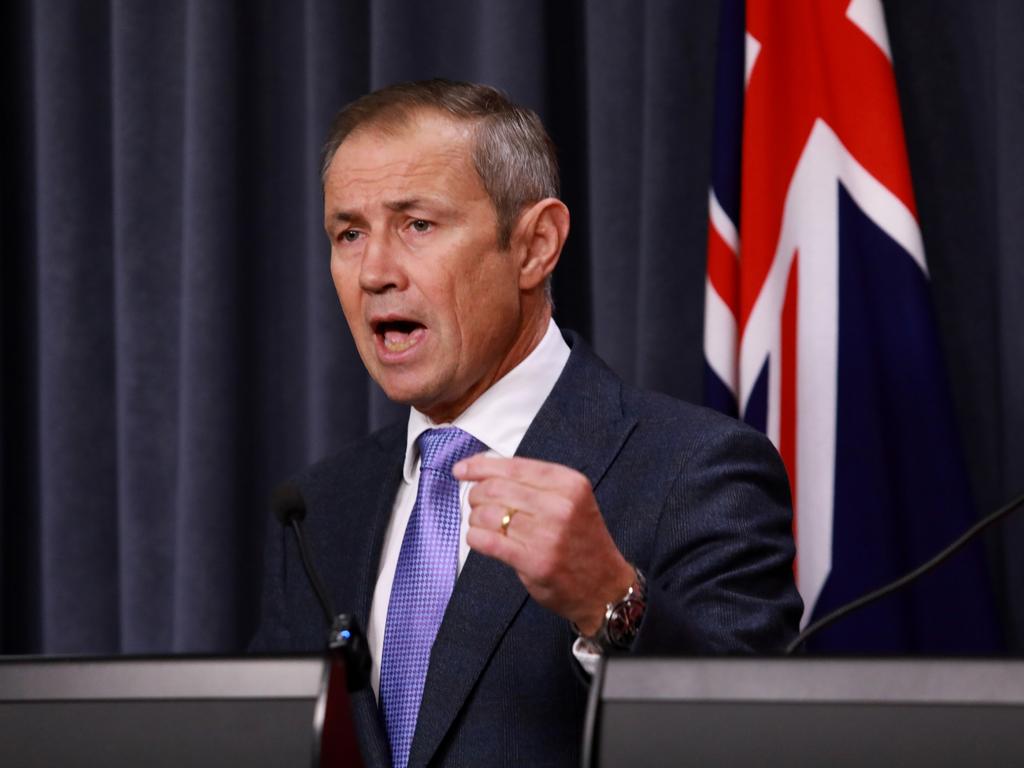
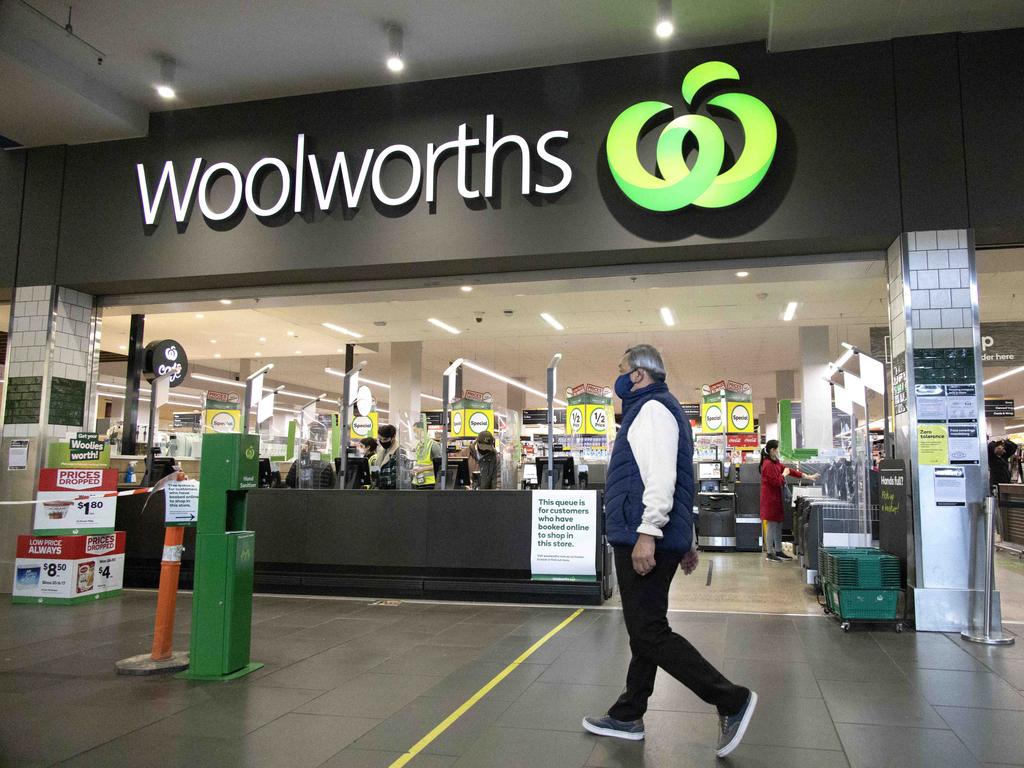
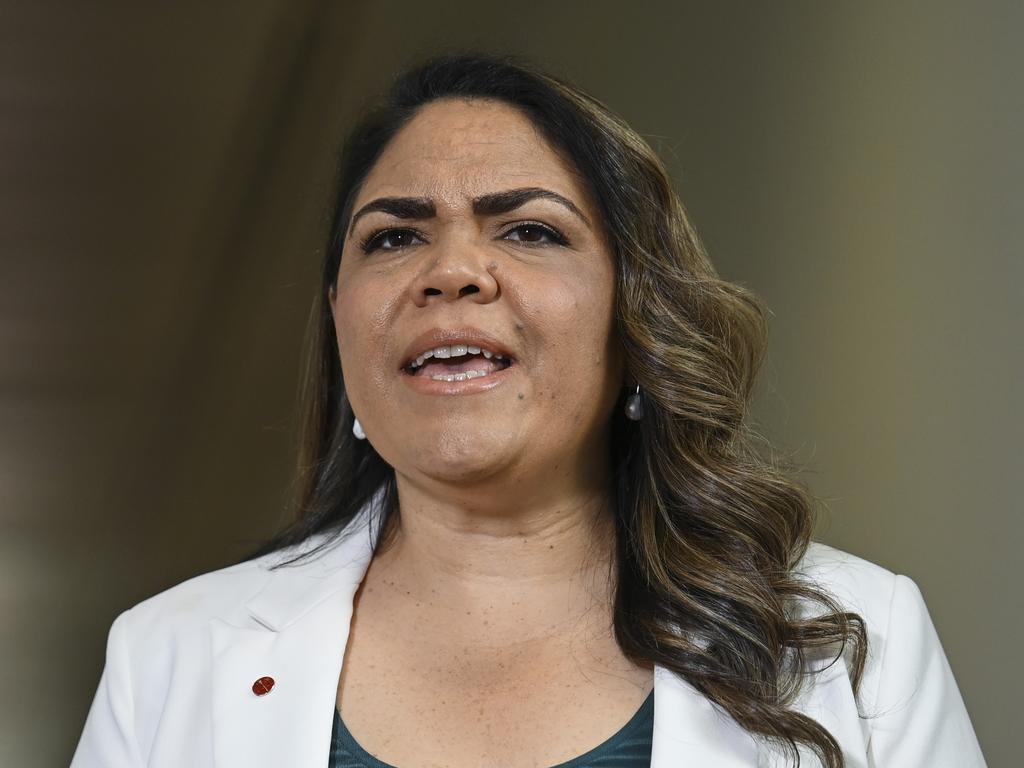
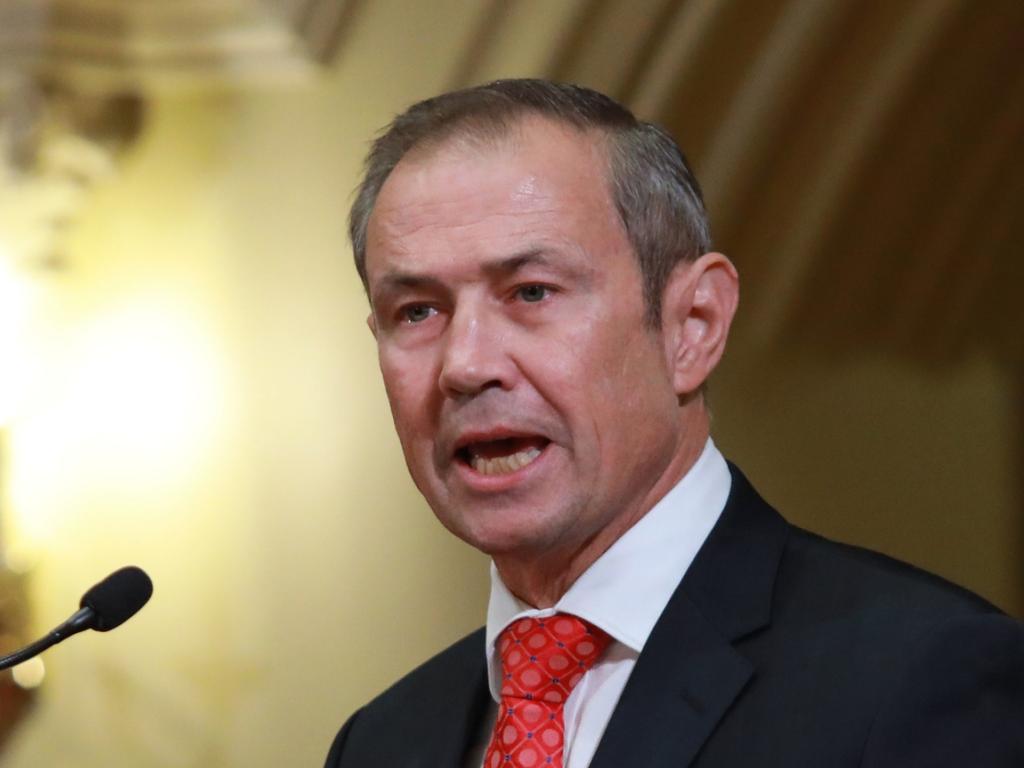


To join the conversation, please log in. Don't have an account? Register
Join the conversation, you are commenting as Logout